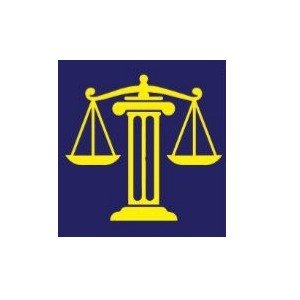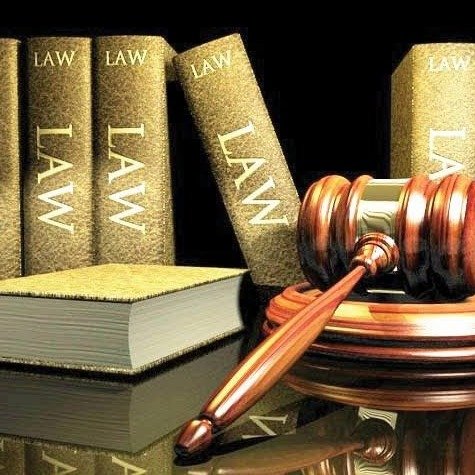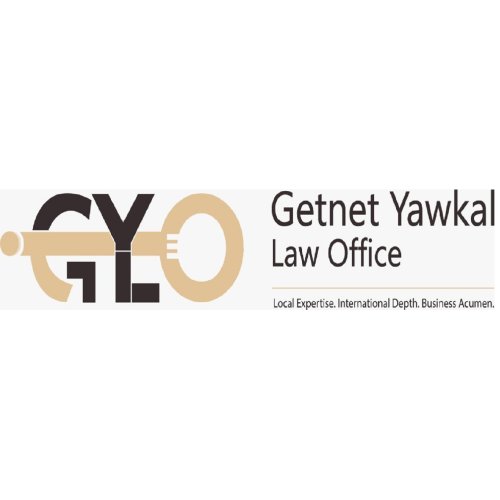Best Lawyers in Ethiopia
Share your needs with us, get contacted by law firms.
Free. Takes 2 min.
Or refine your search by selecting a city:
List of the best lawyers in Ethiopia
Refine your search by selecting a practice area.
Accidents & Injuries
Bankruptcy & Debt
Business
Civil & Human Rights
Consumer Rights
Criminal Defense
Elder Law
Employment & Labor
Family
Immigration
Insurance
Intellectual Property
Lawsuits & Disputes
Media, Technology and Telecoms
Real Estate
Browse law firms by city in Ethiopia
Refine your search by selecting a city.
Disclaimer:
The information provided on this page is for general informational purposes only and does not constitute legal advice. While we strive to ensure the accuracy and relevance of the content, legal information may change over time, and interpretations of the law can vary. You should always consult with a qualified legal professional for advice specific to your situation. We disclaim all liability for actions taken or not taken based on the content of this page. If you believe any information is incorrect or outdated, please contact us, and we will review and update it where appropriate.


























